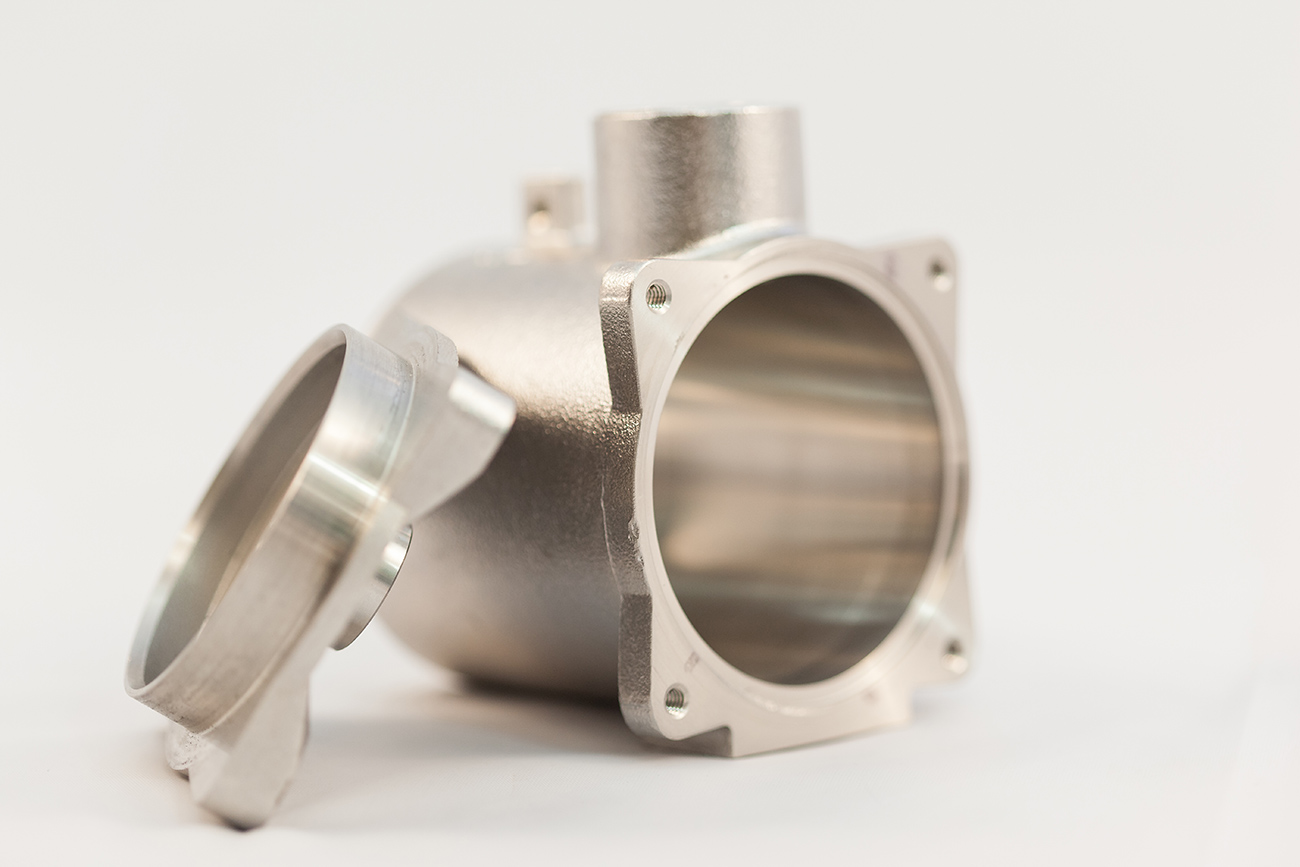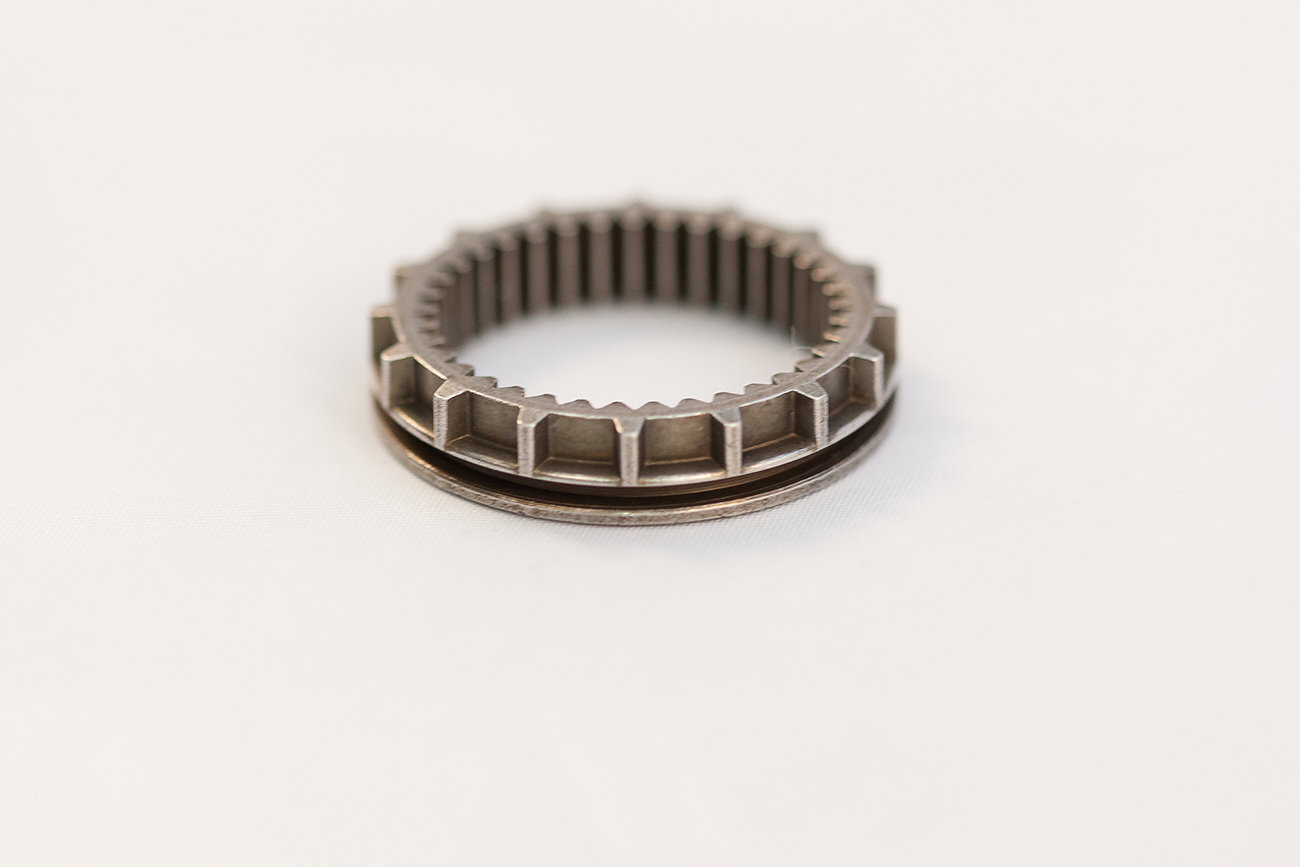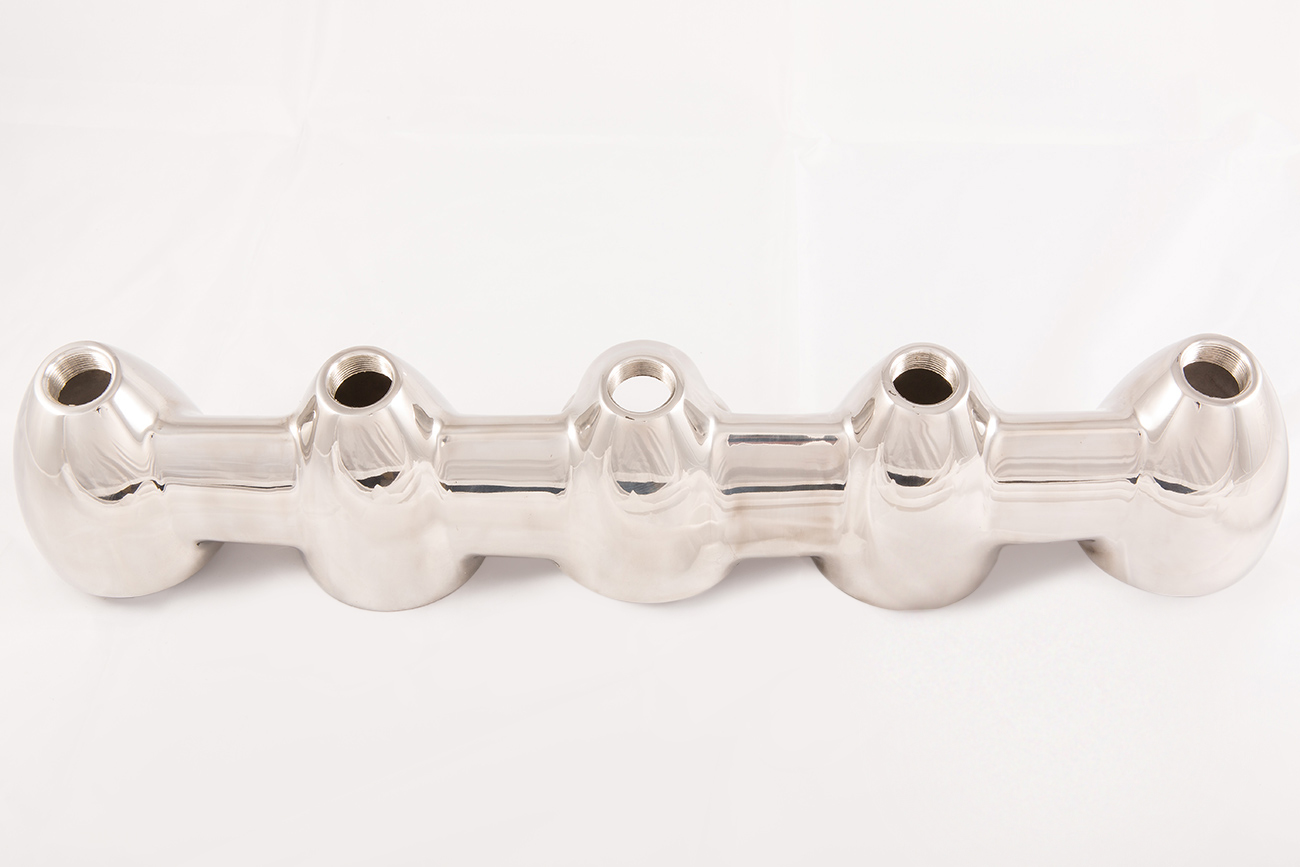Spotlight On: Stainless Steel
Stainless steel is one of the most versatile and popular materials in the manufacturing industry, including castings. This material is used in a great deal of industries and markets, including aerospace and renewables.
We use this alloy at Dean Group extensively, so don’t hesitate to talk to us if you’d like to learn more about our castings. In the meantime, we’re looking at the properties of stainless steel and its most common applications in more detail below.
Properties of Stainless Steel
Iron is a main component of stainless steel. This metal is found in the Earth’s crust and its impurities need to be removed before it can be used to create the alloy. Chromium is another key component and increases stainless steel’s resistance to corrosion and to scratching.
There are many different grades of stainless steel, which means you can get one that will match your application requirements.
In general, stainless steel has the following properties:
- Lower malleability when compared to carbon steel, which means it’s more brittle
- Resistance to corrosion
- Resistant to rust and to scratches
- Attractive appearance (ideal for castings that will be used in plain sight)
- Resistance to high temperatures
- Environmentally friendly because it can be endlessly recycled without losing quality
- High degree of durability
- High tensile strength
Types of Stainless-Steel Alloys
There are several types of stainless steel and, to choose the right one, it’s important to consider the end use of the material. Do you need castings for aircraft or is the part going to be exposed to the elements, for instance? In addition, will welding need to be performed or do you need a magnetic casting?
All of this and more must be considered. You can classify stainless steel into:
Martensitic
This is an alloy of chromium and carbon that can be hardened by heat treatments and develop ferromagnetic properties. Other features include chromium content of up to 18% and carbon content that can’t exceed 1%. Used in environments where strength is a concern, you’ll find this type of stainless steel in scissors, cookware, cutlery, industrial blades, pumps and valves.
Ferritic
This category is characterised by ferromagnetic and ductile alloys. They contain less than 30% chromium and are easy to form. They perform better at lower temperatures and can be found in places like kitchen counters and exhaust systems.
Austenitic
This alloy is easy to weld and strong at high temperatures, making it ideal for the chemical industry, for example, as well as in firefighting gear. Austenitic alloys are divided into common chromium-nickel (300 series), manganese-chromium-nickel-nitrogen (200 series) and speciality alloys.
Duplex
With higher tensile and yield strength, as well as with good stress corrosion cracking resistance, this alloy usually has around 22 to 35% chromium and 5% nickel in its composition. They aren’t as tough as the austenitic type. They can be found in the oil & gas industry, marine environments, chemical processing equipment, and more.
Precipitation-Hardening
This type of alloy is mainly made from chromium and nickel and is capable of reaching high strength by the precipitation-hardening of their structure. Found in the construction industry, as well as on surgical instruments and safety fall arrest equipment, this alloy is resistant to corrosion and distress.
Industries That Use Stainless Steel
One of the main reasons why stainless steel is so popular in manufacturing is how versatile it is and how it can be used virtually anywhere. This property makes it critical in a wide number of sectors, which include:
- Medical
- Aerospace
- Automotive
- Rail
- Engineering
- Chemical
- Pharmaceutical
- Architecture and construction
- Domestic appliances
- Shipbuilding
- Energy
- Food and drinks
Dean Group and Stainless Steel
Depending on the requirement, we at Dean group offer a variety of metals, stainless being one of them. We can work with a variety of chemical compositions depending upon the end use.
Stainless steel can also be treated with additional treatments and finishes, such as annealing and hardening. When compared to carbon steel, for example, stainless steel is a more expensive material, although they also offer a longer lifespan and are easier to maintain (which means lower maintenance costs).
We use stainless steel alloys in both our commercial grade investment casting and premium grade investment casting processes, so we can easily choose the method that better suits your project requirements.
You can learn more about stainless steel – as well as other materials we use at Dean Group – in our materials and technical information page. We're also happy to answer any questions you may have about our investment casting process, so send us your enquiry or call us on 0161 775 1633 to speak to a member of our staff.
Registered in England VAT No: 146307478 Company Registration No: 1062820







